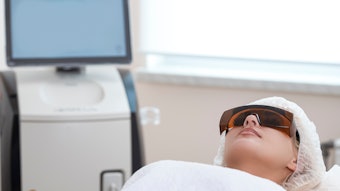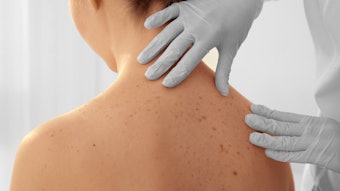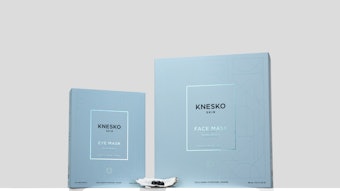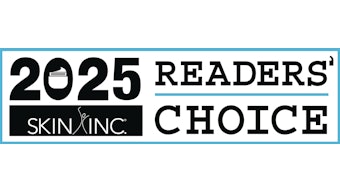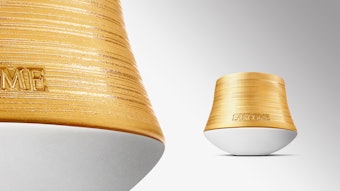
A patient assessment on the stigmatization of visible skin conditions was recently validated as a Patient Unique Stigmatiziation Holistic tool in Dermatoloty (PUSH-D) questionnaire. Khaled Ezzedine, EpidermE, Université Paris-Est Créteil (UPEC), Department of Dermatology, Henri Mondor University Hospital, AP-HP, and investigators conducted a study to find an effective way to evaluate stigmatization in individuals with visible skin conditions.
Skin conditions affect a quarter of the global population, and visible skin disorders were found to have profound impacts on an individual even if the condition was considered mild.
Changes in skin color or appearance have a long-lasting history of misconception, but the changes in behavior from others can cause social exclusion. To measure the impact of these stigmas, the team developed a dermatologic-specific questionnaire. This questionnaire demonstrated the ability to compare degrees of stigmatization across various dermatologic conditions.
Related: Anti-Aging Products Effect on Self-Esteem
Validating the Questionnaire
Investigators initiated a literature search on PubMed that collected the items to be included on the questionnaire based on qualitative interviews and patients who live with various dermatologic conditions. The study underwent psychometric analysis of the PUSH-D.
Investigators then calculated Cronbach's alpha for internal consistency, as well as the correlation between PUSH-D and the Drmatology Life Quality Index (DLQI) and the Rosenberg Self-Esteem Scale (RSES) for concurrent validity.
Related: Cosmetic Patient Evaluation in a Time of Zoom and Selfies
Stigma and Skin Concerns
The study population during the development and validation of the questionnaire included 2620 patients (57% women, 43% men) with a mean age of 45.14 years. The self-reported disease severity was mostly low (42.9%) and moderate (44.9%), with 9.7% reporting high severity. The skin conditions included were atopic dermatitis/eczema, psoriasis, acne, rosacea, hair loss, skin aging, visible facial scar and vitiligo.
The 17-item questionnaire covers two relevant dimensions related to "felt stigma" and "enacted stimga." According to the team, there were no adequately validated instruments available to assess stigmatization in this specific population previously.
“This report provides support for PUSH-D's feasibility, reliability and validity as a specific instrument designed to assess stigmatization in visible skin conditions. With its 17 items and six possible answers for each, this questionnaire is relatively short, understandable, and easy-to-use by patients,” investigators stated.


